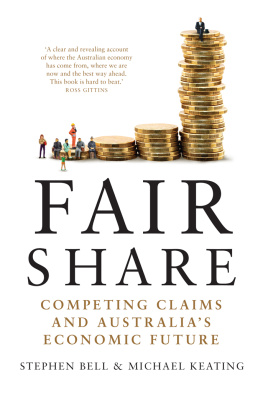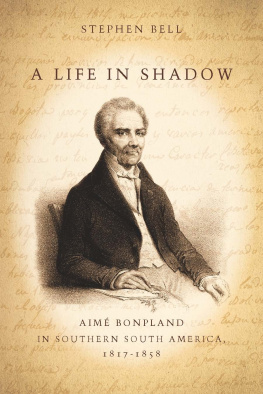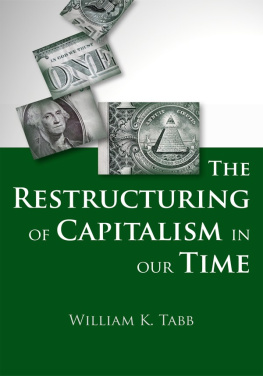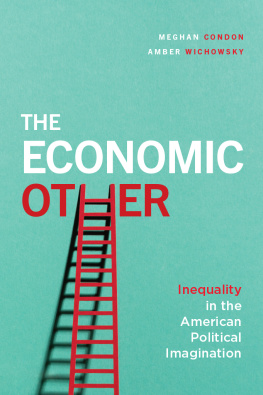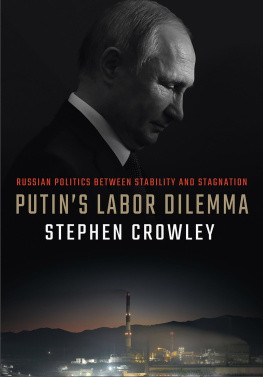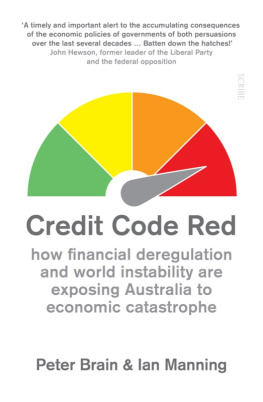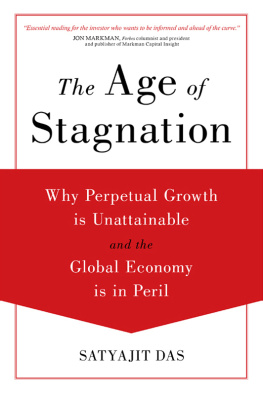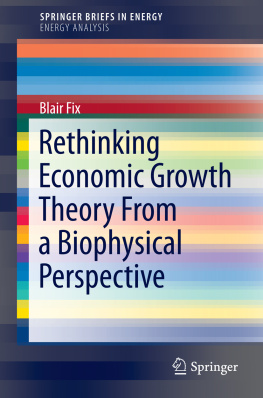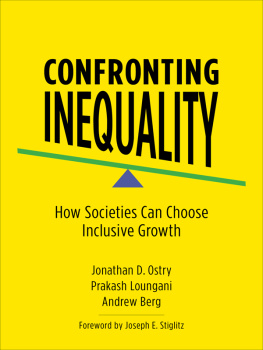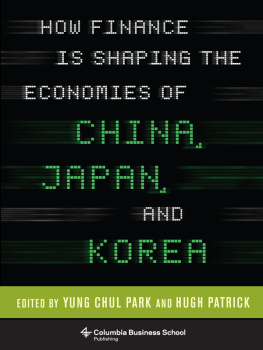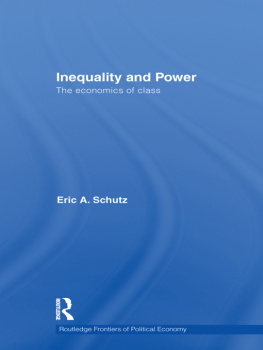Fair Share not only searchingly examines our recent economic experience but also brilliantly illuminates the path to sustain and enhance our prosperity.
John Edwards
This is an excellent and highly readable book. Grounded in Australias recent economic history, and using a global context, Bell and Keating have excelled in presenting a comprehensive economic and social agenda for sustained and inclusive economic growth.
Meredith Edwards
For a clear and revealing account of where the Australian economy has come from, where we are now and the best way ahead from here, this book is hard to beat.
Bell and Keating offer a persuasive diagnosis of what ails the world economy and is increasingly affecting our corner of it. They show how, compared with the others, weve got a lot right, but some things wrong. They identify the problems we need to fix to keep us prospering and sharing the benefits more fairly.
Fair Share puts Australias economy into an international context, explaining the problems we have in common with other advanced economies, but also why were much better placed to overcome them.
Ross Gittins
Stephen Bell and Mike Keating make a compelling case for a new way of thinking about governments role in economic managementone which seeks to reconcile growing concerns about equity and inclusiveness with aspirations for ongoing improvements in living standards and the maintenance of an open, free and democratic society.
Saul Eslake
At a time when the debate about inequality and the role of government has taken centre stage, Bell and Keating give us insights into Australia built on overseas experience and comparisons, and feed the economic story back into reflections on how our political institutions work and could work better.
Laura Tingle
Stephen Bell and Michael Keating bring together definitive academic and governmental experience. Between them, they offer here unsurpassed guidance on how to secure Australias future. The book embraces inclusive growth as the way forward, explains why this is the required path, and gives clear guidance on how it can be attained. Their strategic thinking will help mightily to fill the void at the centre of current national policy discourse and action.
Glenn Withers
Stephen Bell is Professor of Political Economy at the University of Queensland and a Fellow of the Academy of Social Sciences in Australia. Highlights of his authored or co-authored books include: Masters of the Universe, Slaves of the Market, Harvard University Press (2015); The Rise of the Peoples Bank of China: The Politics of Institutional Change, Harvard University Press (2013); Rethinking Governance, Cambridge University Press (2009); Australias Money Mandarins: The Reserve Bank and the Politics of Money, Cambridge University Press (2004); Ungoverning the Economy, Oxford University Press (1997); and Australian Manufacturing and the State, Cambridge University Press (1993).
Michael Keating, AC, brings an unusual combination of operational and academic experience to Fair Share. He is the former head of three Australian government departments: the departments of Employment and Industrial Relations (198386), Finance (198691), and Prime Minister and Cabinet (199196). He was a key participant in many of the economic reforms during the 1980s and 1990s. Since then he has been on or chaired numerous government authorities and enquiries, as well as being a Visiting Fellow at the Australian National University and a Fellow of the Academy of Social Sciences in Australia. Dr Keating has published over 100 articles in refereed journals, co-edited two books on government capacity, and is the co-author of Making Economic Policy in Australia, 19831988, Longman Cheshire (1989) and Who Rules? How government retains control over a privatised economy, The Federation Press (2004).
FAIR SHARE
FAIR
SHARE
COMPETING CLAIMS
AND AUSTRALIAS
ECONOMIC FUTURE
STEPHEN BELL &
MICHAEL KEATING

MELBOURNE UNIVERSITY PRESS
An imprint of Melbourne University Publishing Limited
Level 1, 715 Swanston Street, Carlton, Victoria 3053, Australia
mup-contact@unimelb.edu.au
www.mup.com.au
First published 2018
Text Stephen Bell and Michael Keating, 2018
Design and typography Melbourne University Publishing Limited, 2018
This book is copyright. Apart from any use permitted under the Copyright Act 1968 and subsequent amendments, no part may be reproduced, stored in a retrieval system or transmitted by any means or process whatsoever without the prior written permission of the publishers.
Every attempt has been made to locate the copyright holders for material quoted in this book. Any person or organisation that may have been overlooked or misattributed may contact the publisher.
Text design and typesetting by Cannon Typesetting
Cover design by Design by Committee
Printed in China by 1010 Printing International Ltd
National Library of Australia Cataloguing-in-Publication entry
Bell, Stephen, 1954 author.
Fair share: competing claims and Australias economic future/Stephen
Bell, Mike Keating.
9780522872279 (paperback)
9780522872286 (ebook)
Includes bibliographical references and index.
Economic forecastingAustralia.
EqualityEconomic aspectsAustralia.
AustraliaPolitics and government21st century.
AustraliaEconomic conditions21st century.
Other Creators/Contributors:
Keating, Michael, 1940 author.
Contents
Acknowledgements
We would like to thank a number of people for their assistance in the writing of our book. Saul Eslake, John Edwards and Glen Withers read all or much of the text and provided extremely valuable comments and suggestions. We would like to acknowledge the invaluable research assistance provided by Daniel De Voss in gathering and assembling much of the economic data used in this book and in providing a range of useful insights. We would also like to thank Jan Mairhoefer for help with the books reference list. Thanks also to Sally Heath, our executive publisher at Melbourne University Press, for her belief in this project and for ongoing assistance.
Introduction
We live in a troubled and uncertain worldpolitically and economically. The Trump election, the Brexit vote and the rise of xenophobic populist parties in Europe, and to a lesser extent in Australia, show that the established political consensus is under greater challenge than has been experienced since World War II. For most of the last half century the role of government in the capitalist democracies was largely agreed upon within the major political parties, while voters rarely challenged the fundamentals of economic strategy. The discontent that did exist was articulated mainly by social movements outside the major parties, which have commonly been concerned with the environment, feminism and various rights issues.
The fear today, however, particularly in the advanced overseas economies, is that the nearest parallel to present times is the 1930s and the Great Depression, when the economic and political failures of Russia, Germany and Italy provided the basis for the rise of communism, Nazism and fascism respectively, and which saw millions out of work and falling living standards. What saved the countries that persisted with a capitalist economy and a democratic government was the acceptance of the economic doctrines of John Maynard Keynes, the leading English economist whose analysis of the Great Depression revolutionised macroeconomic theory and policy. Keynesian economic theory and policy suggested that government, for the first time, should accept responsibility for maintaining full employment as well as active macroeconomic management. This policy approach was also buttressed by the further development of the welfare state immediately following World War II, when government responsibilities were expanded to ensure basic living standards. These were settled policies aimed at greater equity. Indeed, in Australia, it seemed to many that we had achieved the status of
Next page
